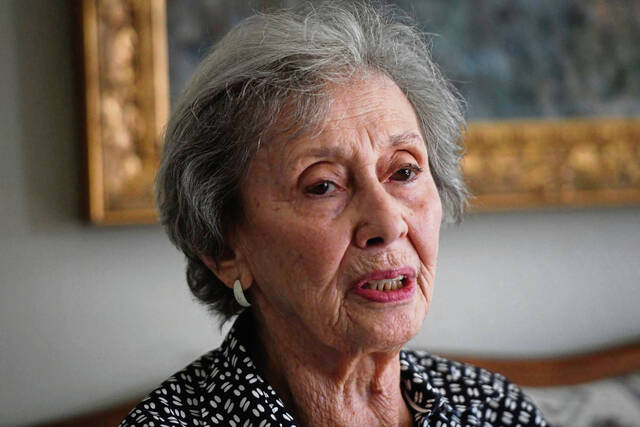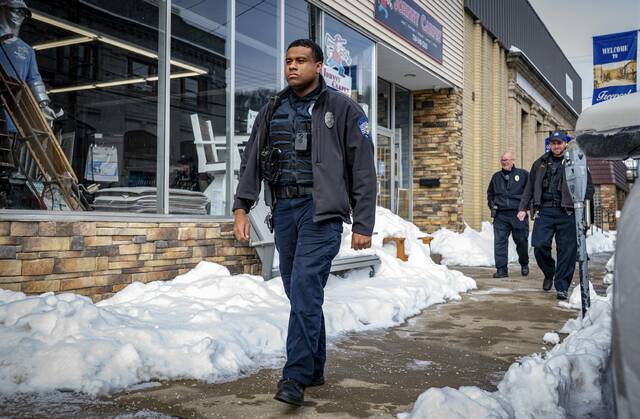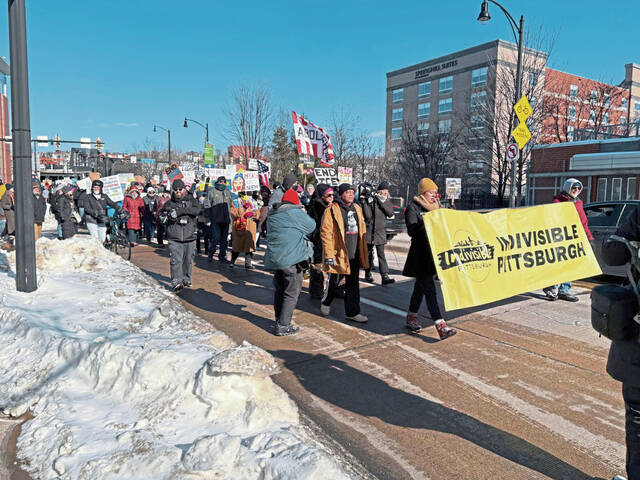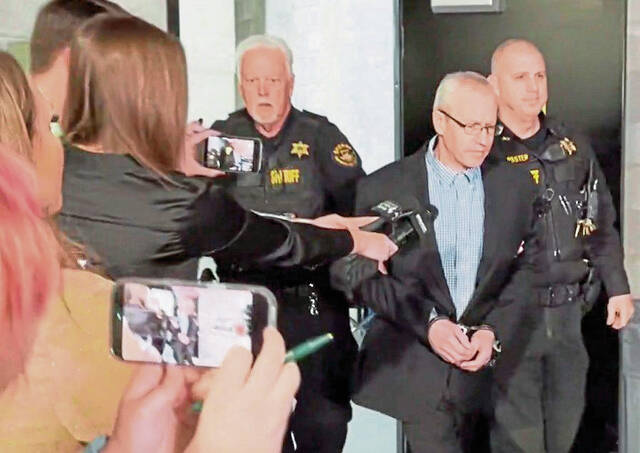On Thursday, Evan Gershkovich did what he has been waiting to do for 491 days. He left his prison cell in Russia. He got on a plane. He started his journey home.
For former Marine Paul Whelan, the wait was longer — 2,043 days. For Radio Free Europe journalist Alsu Kurmasheva, it was 288 days.
But Oakmont teacher Marc Fogel, 62, wakes up in prison again today, his 1,083rd day in Russian custody. On Aug. 14, it will be three years without his wife, his sons, his sisters, his large and loving extended family — and his mother, Malphine, 95, of Butler.
Fogel was arrested in 2021, convicted of possession of 17 grams of medical marijuana legally dispensed in Pennsylvania and sentenced to 14 years in prison. For context, WNBA player Brittney Griner was given nine years for the same crime. Gershkovich got 16 years for espionage.
Fogel is not designated as wrongfully detained, something that appears to be the sticking point in negotiations. President Joe Biden, Secretary of State Antony Blinken and State Department spokesperson Vedant Patel all highlighted the term in their remarks Thursday, committing to continue to work toward the release of others using that language.
But there was another word used repeatedly: family.
“That’s what this is all about — families able to be together again, just like they should have been all along,” Biden said during a news conference.
“My pledge to the families of those still separated from their families is the same that I made to those returning home today. We will not forget you, and we will not rest until you see your loved ones again,” Blinken said in a statement.
Where is the commitment to Fogel’s family? Why was Fogel not included in the complicated swap in which even Russian political prisoners were freed and relocated to Germany? Why did the U.S. government put more effort into releasing foreign nationals than a man who was teaching its diplomats’ children?
“They never gave up hope,” Biden said of Gershkovich, Whelan and Kurmasheva.
But, in Butler, Malphine Fogel is struggling to hold onto hers and fears her son is losing his.
She shouldn’t have to have hope right now. She should have the relief of knowing her son is on a plane coming back to her. She should be able to gratefully thank her government for doing what it had to do to free him. There’s no reason that has been given or even suggested to justify why the 24-person prisoner swap — the largest multinational deal in history — couldn’t have been 25 people.
The U.S. government must put the same effort into bringing home Fogel — or stand up and say why it hasn’t happened.








